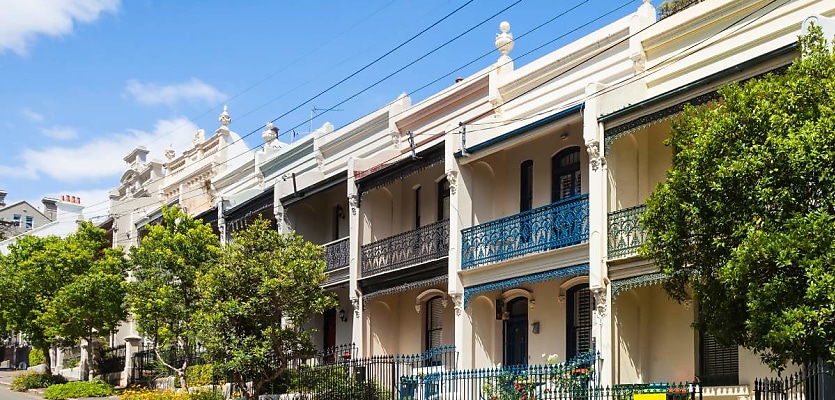Forget skipping avocado on toast, a new report reveals that aspiring first home owners are going without some basic necessities to scrape together the money for a home.
With the cost of renting rapidly rising, many prospective first home buyers (FHB) are looking to bring their property dreams forward as they grasp for the stability of ownership and hope to get in before home prices increase even more.
Research from Helia Insurance indicates that in a study of 3,000 first home buyers, 51 per cent said that they are aiming to buy because rent is not affordable, while 43 per cent said they are motivated to buy before prices rise further.
But even with those worries, they are clear that the property buying experience is no walk in the park. More than 90 per cent of respondents described it as stressful, with 85 per cent stating that they believe it is harder than ever to buy a first home.
To get the upfront costs of buying together, 54 per cent said they are cutting back on both dining out and takeaway food, with 48 per cent saying they have cut out “treat” purchases, such as takeaway coffee.
Concerningly, almost a quarter reported that they are cutting back on medical and wellness costs, such as physical therapy and chiropractic services. A similar number said they have cancelled gym and fitness memberships.
A third reported that they are working above their normal hours, accruing overtime, to save money, and 24 per cent said they are taking on second jobs outside of their other working hours to boost property savings.
And now, more than ever, Australian first home buyers are prioritising the stability of buying over major lifestyle preferences such as the location where they live.
FHBs are less likely this year to be looking only in capital cities (67 per cent, down from 77 per cent last year), which is a direct result of high prices in the capitals as three in five said they are pursuing regional property because of affordability constraints in the major metropolitan areas.
But even with cost-cutting measures and shrewd financial strategies, a large number said they don’t believe they will be able to save for a 20 per cent deposit on top of the other upfront costs needed to buy. Even so, roughly a third said they are not aware there are other financial options, such as using a guarantor or paying lenders’ mortgage insurance.
Respondents reported that the most common form of assistance involve parents or family contributing to part of the deposit (60 per cent) or providing security to support their loan (29 per cent).
Close to a quarter of FHBs said they are living with their parents to save money for a deposit, while 14 per cent said they are considering moving back home.
ABOUT THE AUTHOR
Juliet Helmke
Based in Sydney, Juliet Helmke has a broad range of reporting and editorial experience across the areas of business, technology, entertainment and the arts. She was formerly Senior Editor at The New York Observer.









You are not authorised to post comments.
Comments will undergo moderation before they get published.